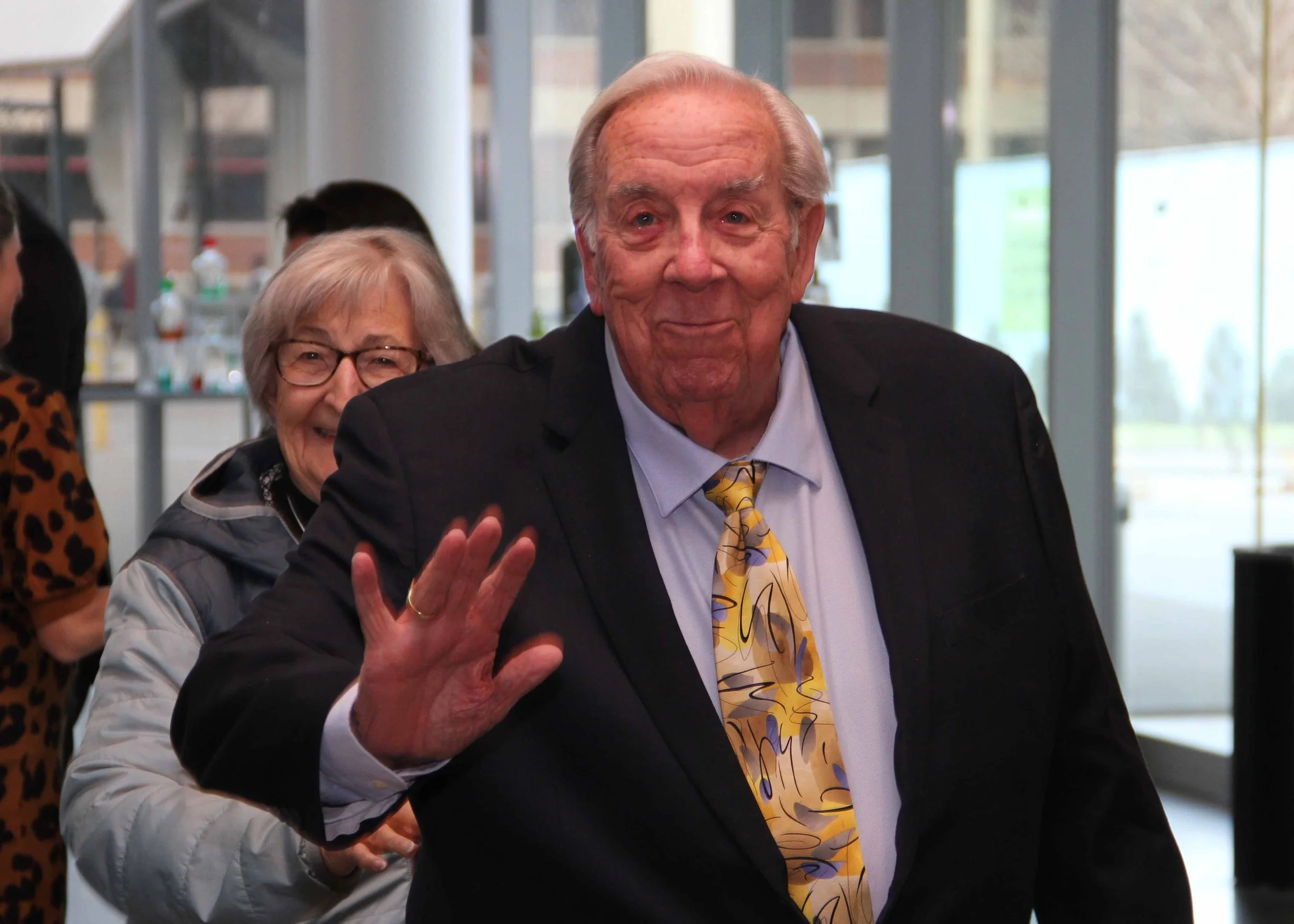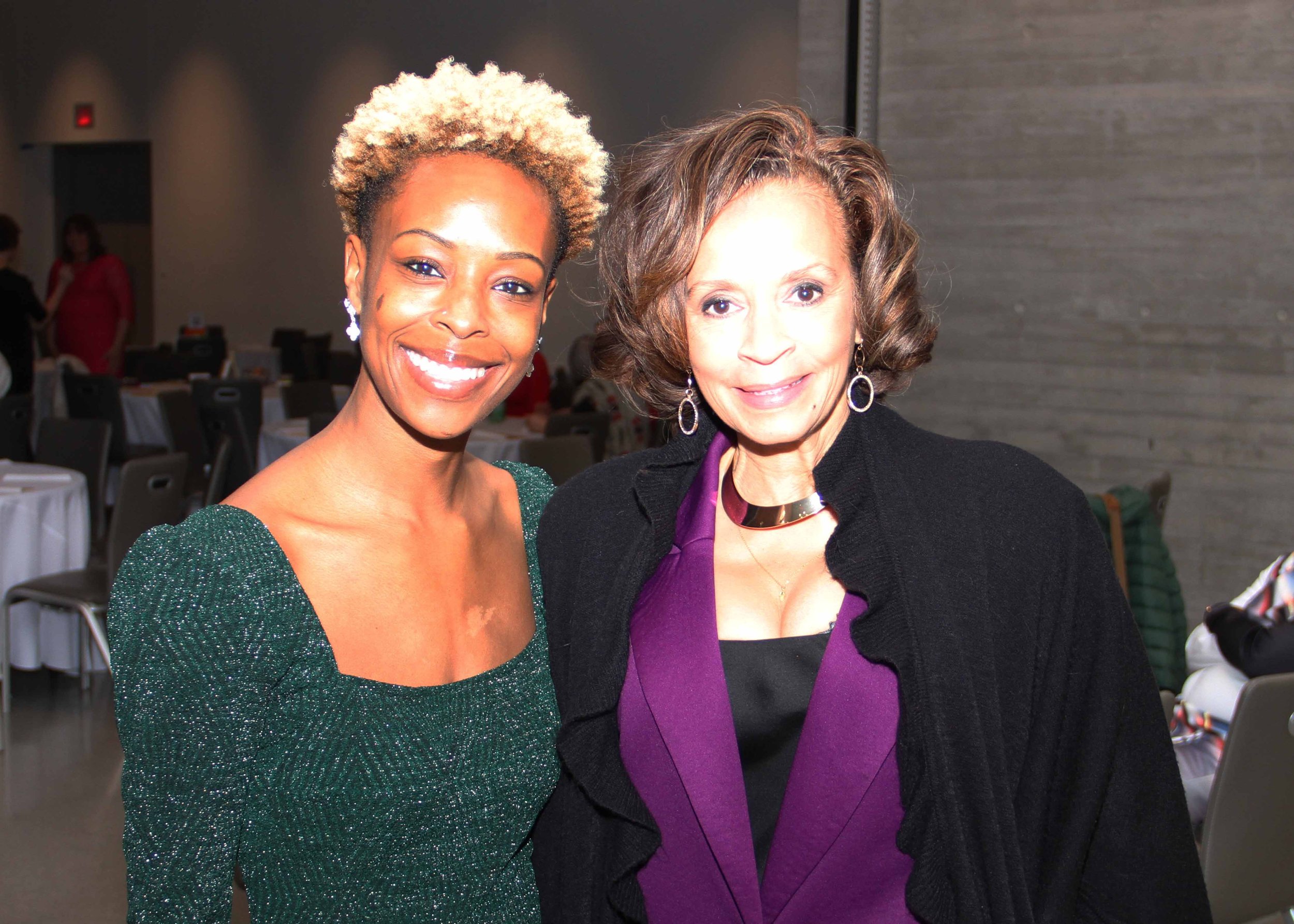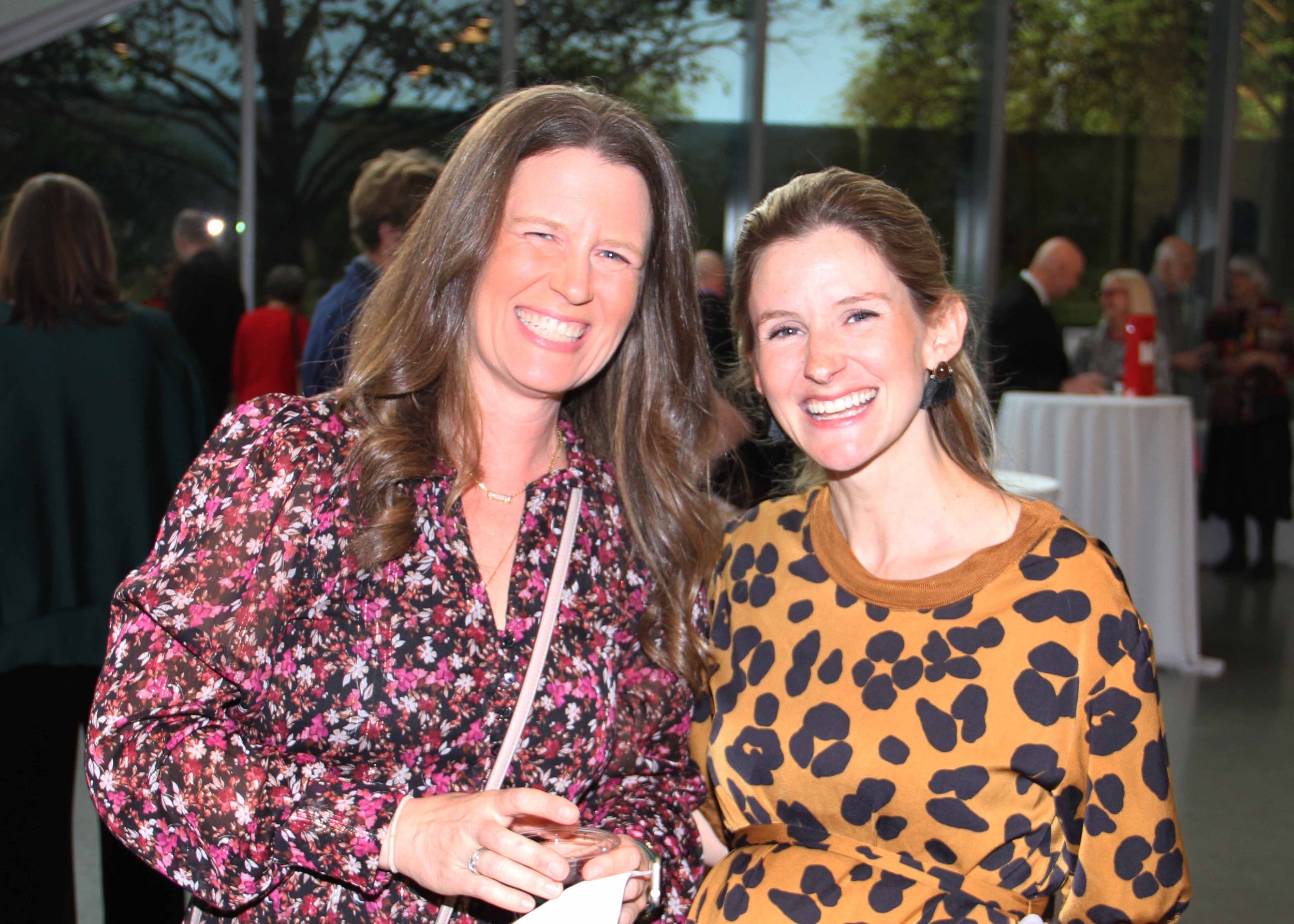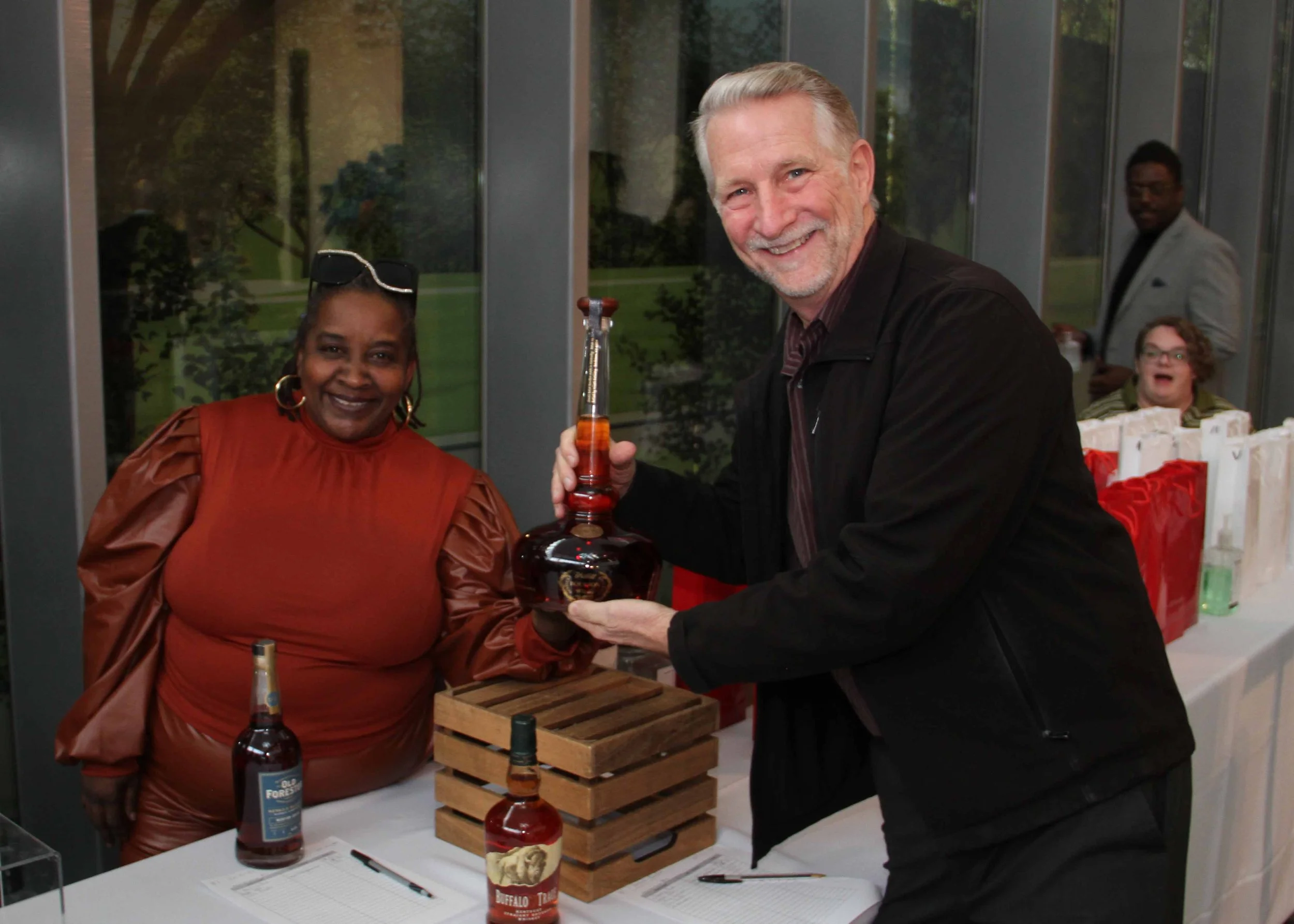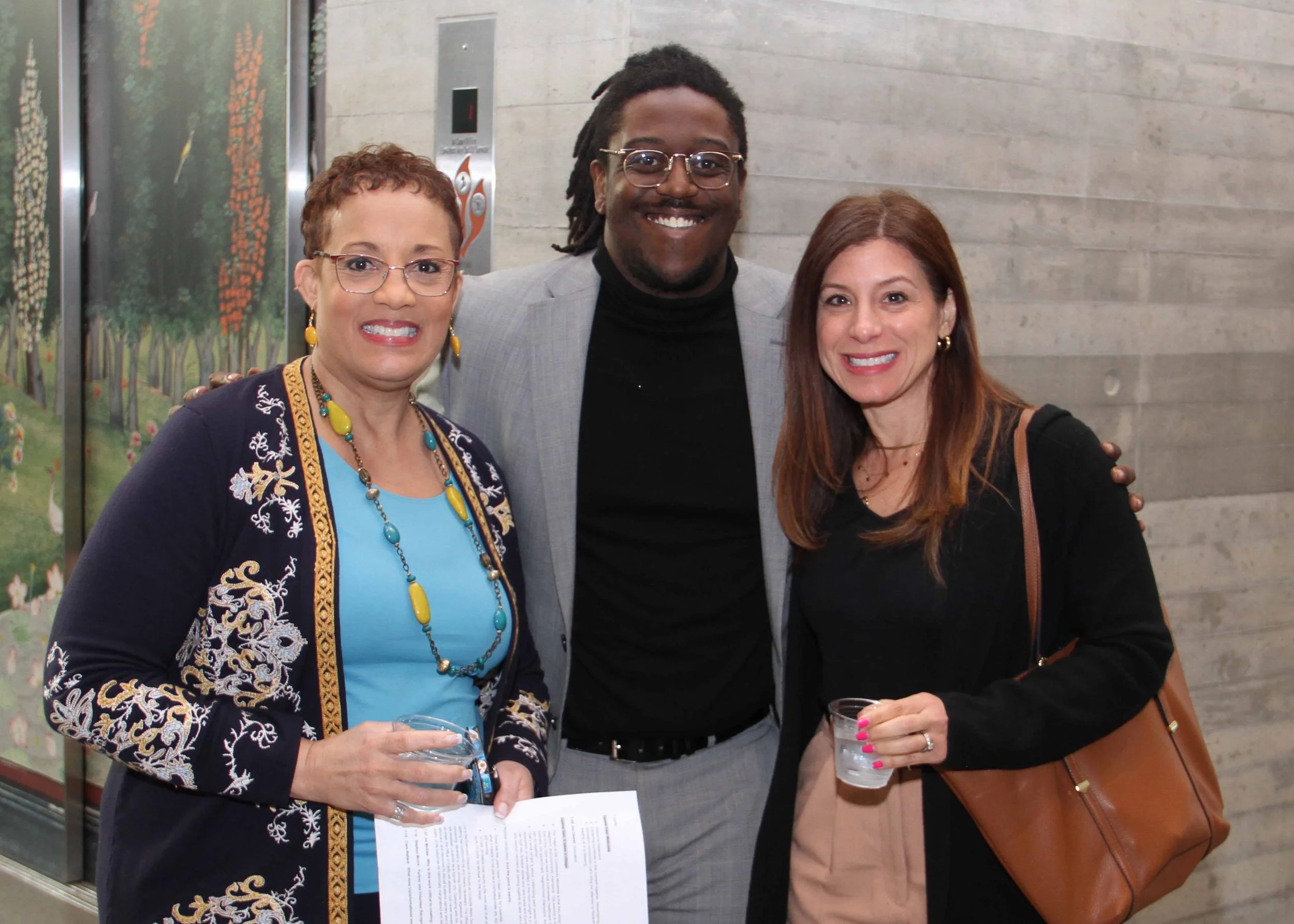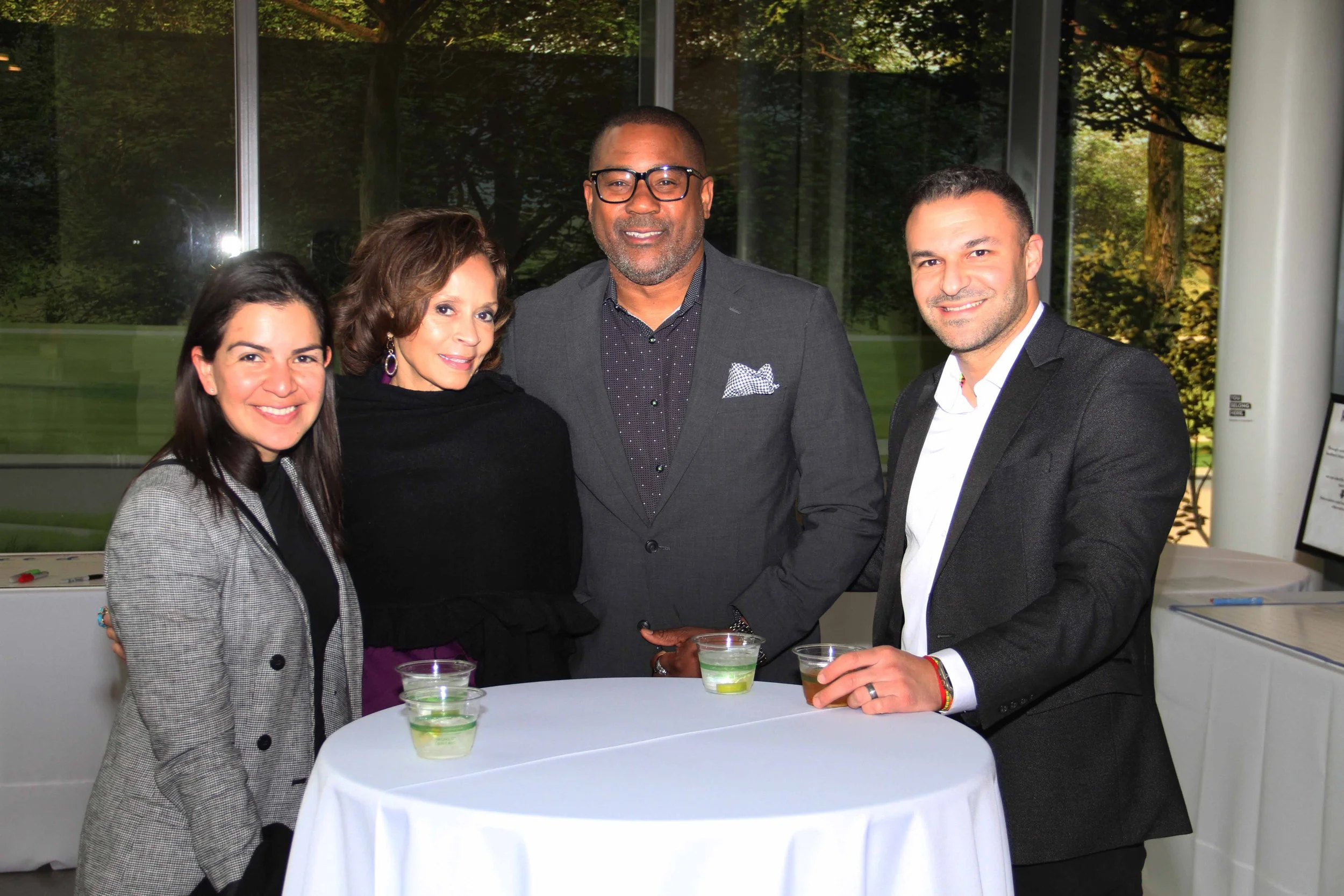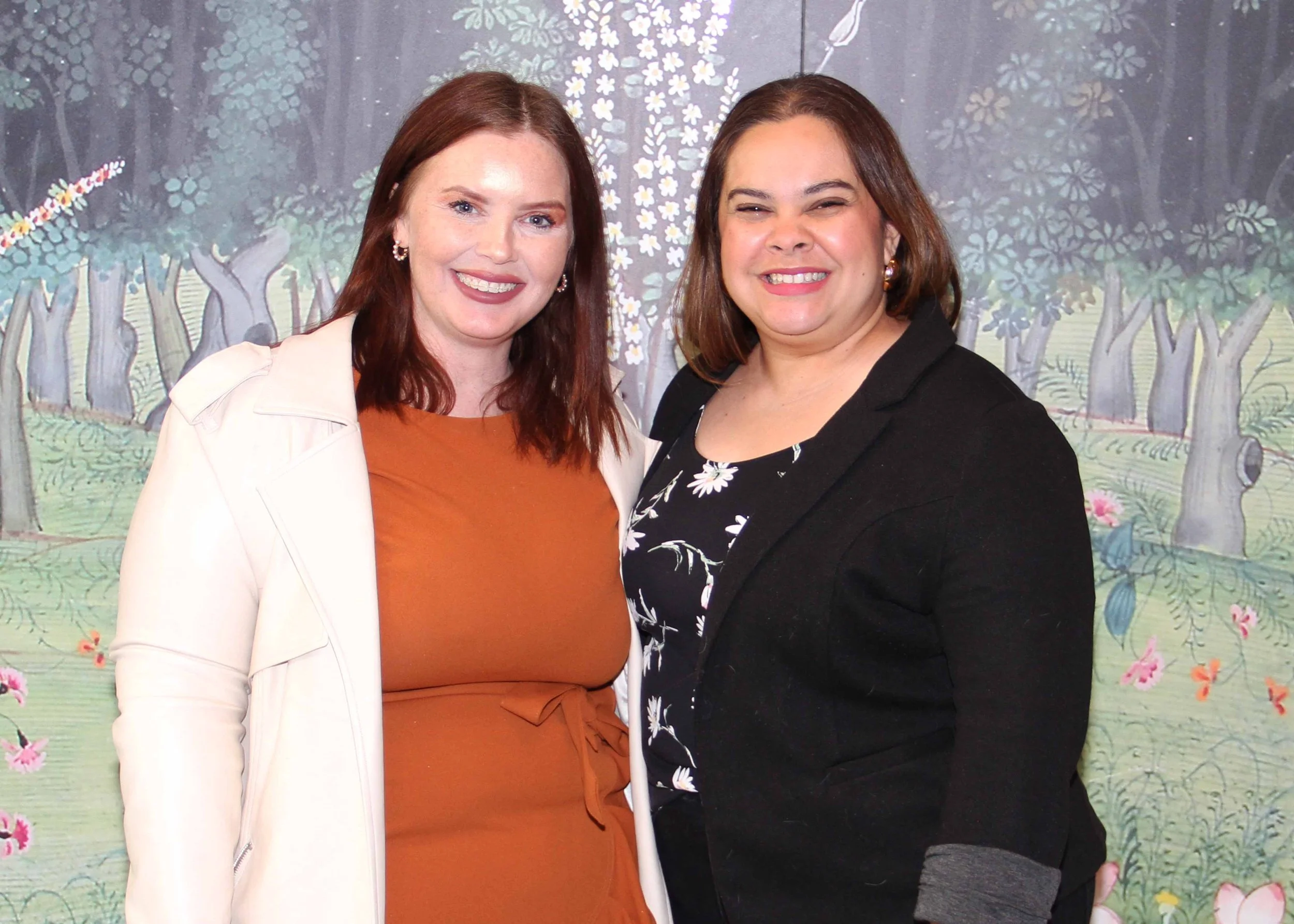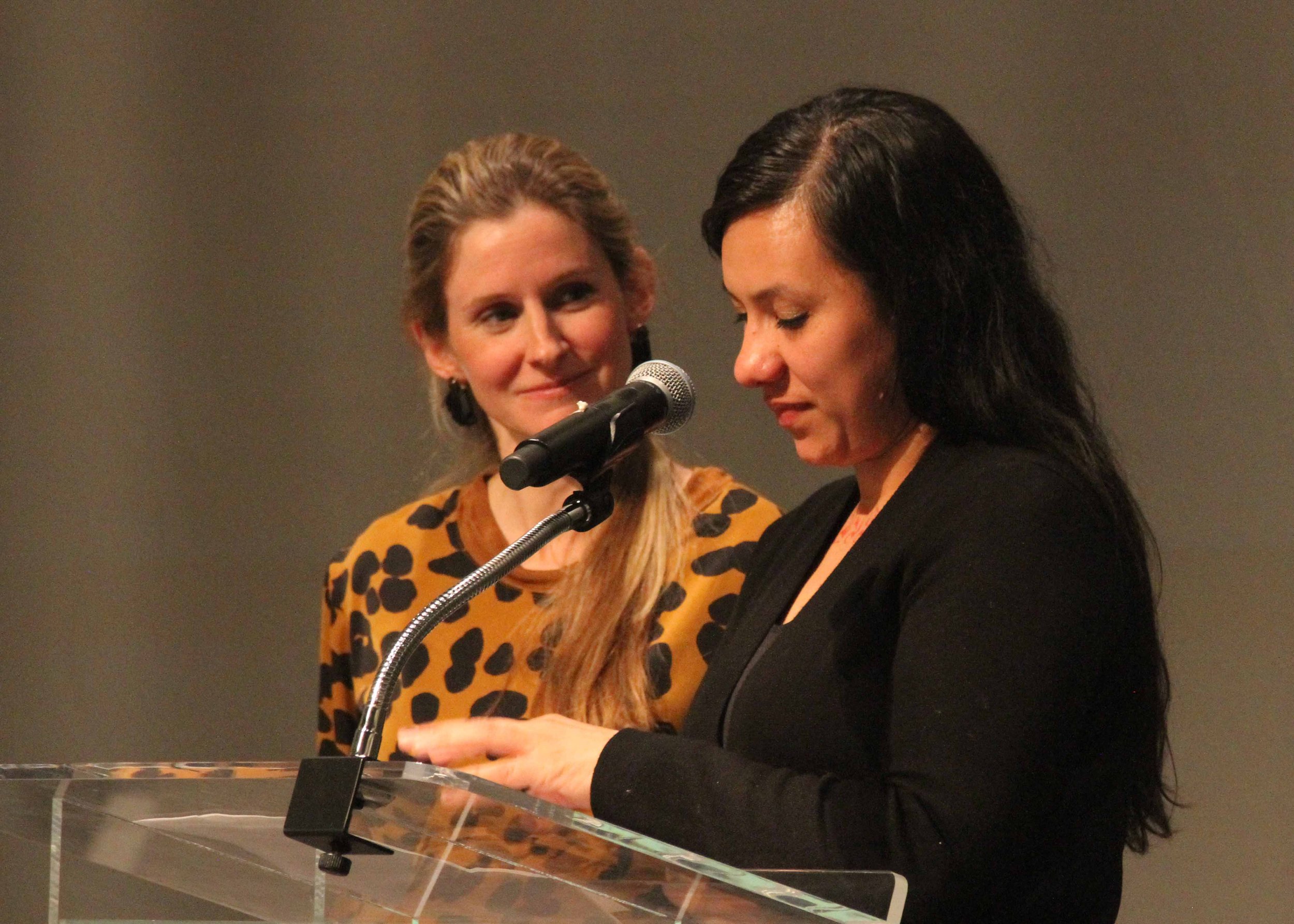In case you missed it, here’s the address from our Executive Director, Clare Wallace:
Whenever I’ve been asked why I do what I do, I usually give generic non-answers because I’ve never felt I could put it in words. Recently, however, I was the one to ask the question to a group of new team members.
How did you come to be here? Why take this challenging role?
Around the table people shared real and vulnerable experiences that led them to that moment so by the time it made it back to me it felt wrong to dismiss the very question I posed. They all had to sit there waiting for me as I tried to answer honestly, thinking back on all of the turning points of my life. And as if I had always known, Omar came to mind.
There was a time I taught at a public high school in New York City and I was in charge of helping a small group of 6th graders with homework in their study hall. I just had my braces removed and was barely allowed in a bar. I could have passed for another student, but somehow I made it into their good graces after I passed a few tests (like how do you think she’ll react when we light this bulletin board on fire).
This is where I met Omar. His family moved from Mexico when he was a bit younger and English remained his second language. Homework was a daily chore because of this added obstacle and he would laugh at words like osmosis and photosynthesis thinking I had made it all up. But he laughed all the time in a generally amused sort of way.
Omar was also the one to opt out of lighting school property on fire.
He was just making Ds in most of his classes and I would beg him to try just a little harder and he challenged me right back. What’s the point, miss? I would explain what I had known since I was a child. Study hard to go to college to get a good job. I told him his effort would open doors that he wouldn’t have otherwise.
He looked at me like I couldn’t possibly be so naive.
“Look Miss, no offense, but your entire life has been full of people who told you that you could do it. No one has ever told me I could.”
We made it through the year and his grades even improved a bit. We set up an email account for him on my last day so we could keep in touch. His emails told me that he did, indeed, drop out the day he turned 16. He wanted to concentrate on boxing and had to get a job at Qdoba to pay for rent to help out his mom. After corresponding for a year, he wrote,
“I was never really into school because it seems hard every time. But now that I think about it school is a must! I don't really know how could I start again. what would you say I do? I regret dropping out and I would've never thought I'd say that. I was hoping you could help me with some advice.”
After a lot of encouragement and time, he wrote to tell me he had passed his test and would receive his diploma. I wrote back telling him how proud I was of him - telling him it’s about time I come to visit so we can celebrate. But his cousin called a few days later telling me he had never received the email because he had been fatally stabbed by a stranger at a party.
There were no articles about his death. There was no obituary. The investigation was likely short.
It was made clear to me that our systems work well only for a very specific kind of person. Omar was dismissed and forgotten long before he died. From that moment, I think I’ve been trying to figure out how to reimagine a world in which Omar would still be alive. To transform systems to ones that might cherish every person like Omar at every step of his journey, no matter what, seeing their right and capacity to flourish.
I know this realization came in a small dose and late in my life. There are so many who have known inequity for as long as they can remember and are constantly bombarded with acute and traumatic reminders.
At South Louisville Community Ministries, we are responding to these reminders every day. Making sure someone has enough food after their benefits have been cut because they started a new job. Paying for a utility bill because they are unable to work as they try to fight cancer. Providing a monthly bus pass because their rent takes 98% of their income.
Providing these basic needs is always the first step. I don’t think there’s a way around it. If someone is not housed or fed or safe, all next steps screech to a halt. Omar didn’t start GED classes for at least a year because he was working two jobs to support his family. This is the first reason I work at SLCM. Because of you all here tonight, we’re able to address those first, urgent, basic needs leaving room to help someone flourish.
The second reason is because of you. The transformational work that SLCM is embarking on is only possible because there are hundreds of partners and neighbors, many in this room, who are ready to ask some really hard questions and work together to try something new - something that gets us closer to a city that cherishes and values every neighbor.
We’ve decided not to keep on going as we’ve always been just for the sake of status quo. Together, we’re acknowledging that human beings make up the systems that heal or harm, and we’re finding the healers in every sector and connecting around a vision of human-centered abundance.
Together, we are building a new way of connecting to each other, new ways to communicate systemic needs and opportunities that are possible and mutually beneficial, new ways to collaborate that lift up a culture of abundance rather than scarcity.
What does this look like without all the buzzwords? It means we’re creating a world where Omar would not have been forgotten or dismissed. Where every person is met with unconditional positive regard. No matter what, we’re happy they are a part of our community and happy to see them. We may not be able to solve every problem, but we can be with, suffer with, congratulate, listen intently, and be their champion. Starting with one person at a time, we can learn from their remarkable lived experience, we can trust them and begin asking why there are so many barriers to their own goals and healing. We can start imagining and experimenting new ways of doing things that remove those barriers.
Greg Boyle, the founder of Homeboy Industries says,
“We know that systems change when people change, and people change when they are cherished.”
And we intend to do just that.
It is no accident that we’ve been able to be a leader in this paradigm shift. South Louisville is an epicenter of this work - where the pebble hits the water before the ripples. As the most diverse neighborhood in Louisville, we are a beautiful microcosm of the city and this city has been dubbed a microcosm of the nation. We have this tremendous opportunity to be the petri dish to explore a new era of social services.
And we’ve been learning lesson after lesson as nimble explorers in system change work. In these last four years, SLCM has been adjusting over and over again - we’ve adjusted technology, vocabulary, priorities, and so on. The miraculous team: our staff, volunteers, partners have embraced this ever-moving target knowing we’re headed toward a visionary alternative.
We adjust because we’re listening closely to our neighbors and other direct service providers and trust them when they tell us we’ve missed the mark. We’ve also compared notes with other cities and models as we’ve continued to ask the question: what can the future look like when funding is decreasing and needs are increasing? How can we create space for healing and flourishing and cherishing when everything feels like it’s getting harder?
Our answer? Proximity. Get closer. Know the people and listen to the overwhelming challenges and find joy in community as we try to solve them together.
Find peace in knowing there is no end to love. It does not run out. We have so much to work with. While there are plenty of bleak realities, there are as many possibilities as there are people. Tolstoy said it in another way, “'There are as many kinds of love, as there are hearts”. There are 240 hearts in the room. 240 possibilities amplified by the next. 240 ways to create a world where Omar would be surrounded by choice and by palpable love, where he is recognized over and over again as the cherished and remarkable human being he was. You have made this world possible, and I could not be more grateful.
